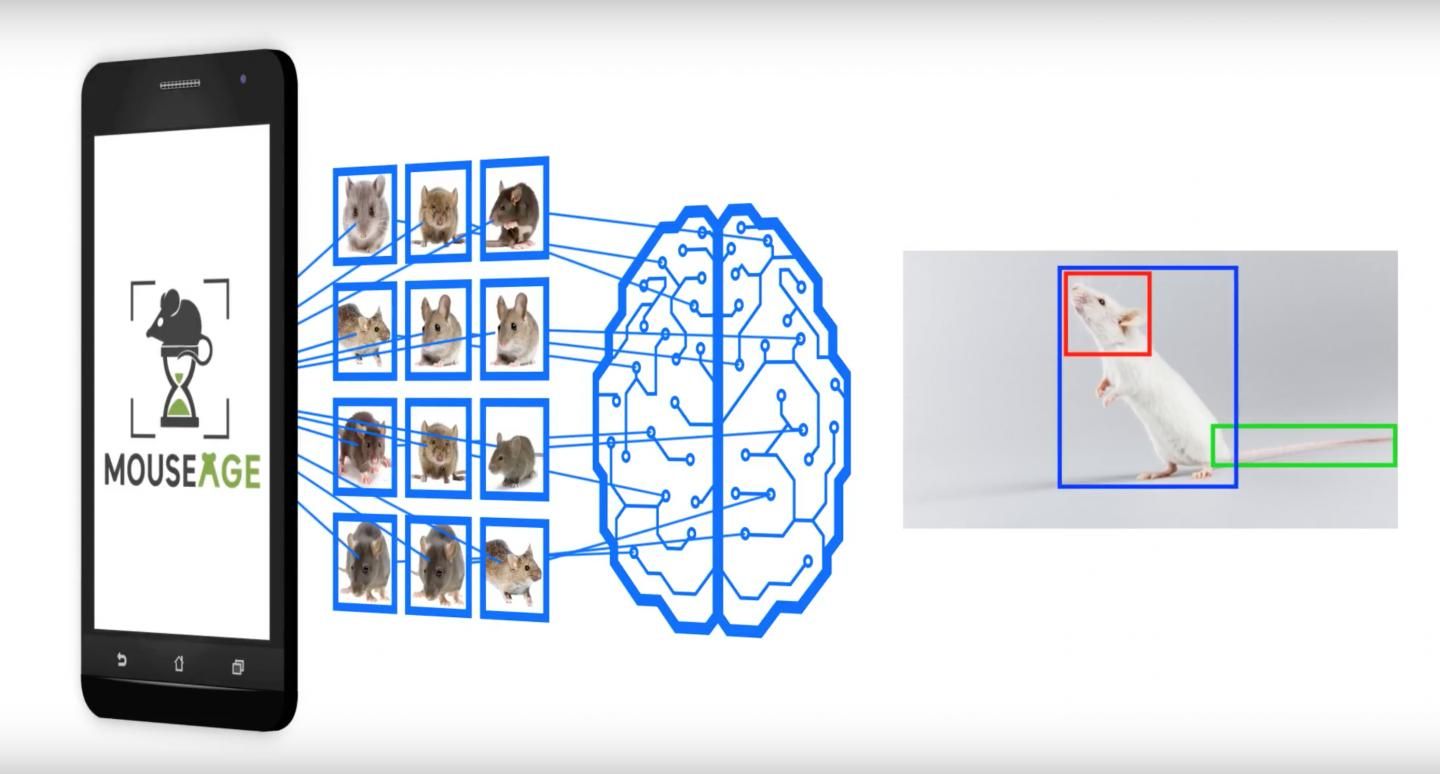
Category: life extension – Page 603

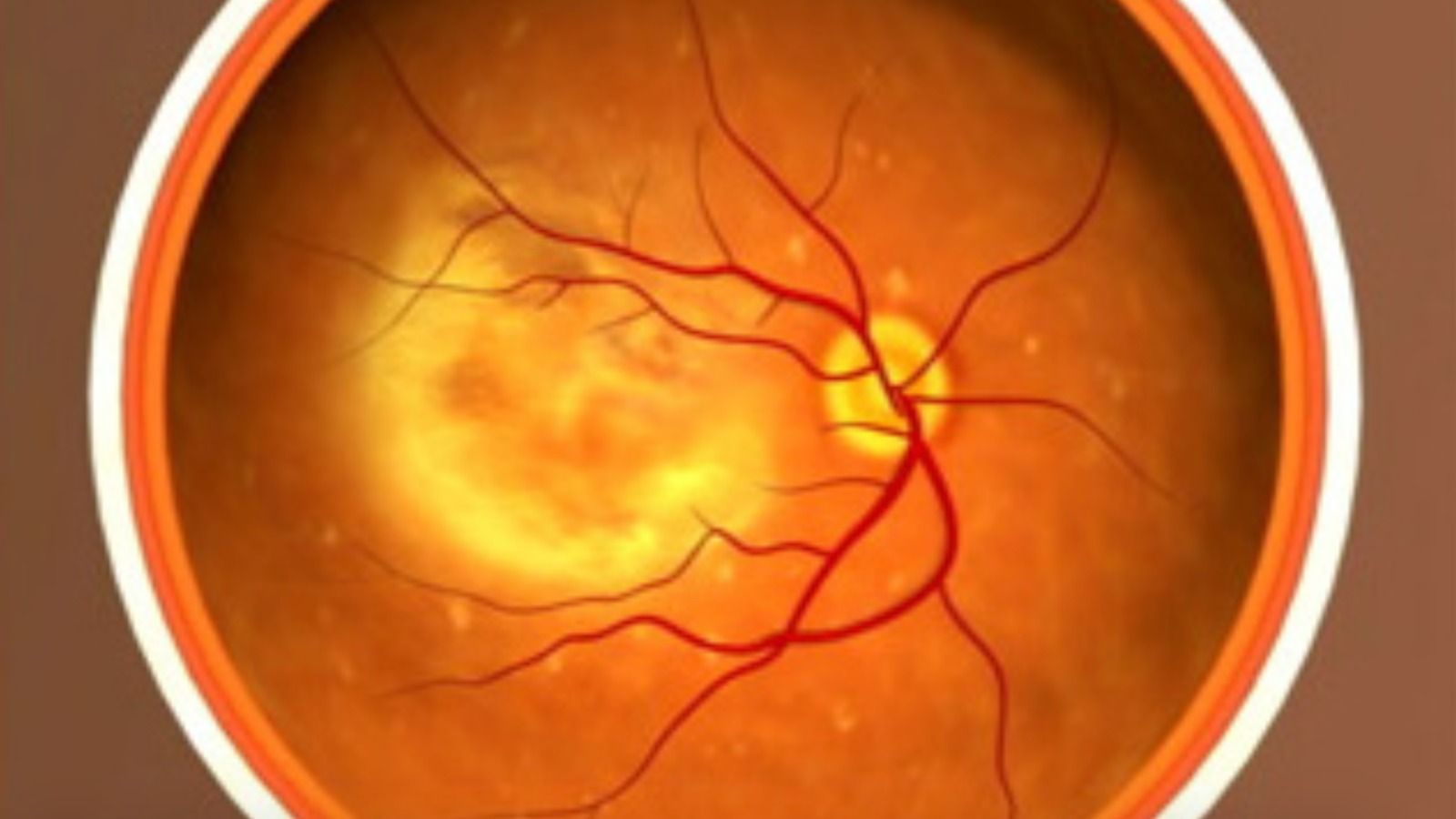
UK Doctors Used Stem Cells to Restore Eyesight in Two People
British doctors have taken a huge step towards curing a common form of age-related chronic eye condition.
Two elderly patients with macular degeneration at Moorfields Eye Hospital in London were given a cutting-edge stem cell therapy as part of a small trial to improve vision for people with sudden and severe loss of vision caused by what’s known as “wet” macular degeneration, in which abnormal blood vessels grow under the retina and macula in the eye. “Wet” macular degeneration is less common than “dry” macular degeneration, but it is a more severe form of the disease that occurs as “dry” macular degeneration progresses. It rarely causes total blindness, but it can cause blurriness and blind spots that make it hard to see clearly. The idea was to replace those diseased eye cells using stem cells that were derived from a human embryo and then inserted into the back of the eye.
Embryonic stem cells are special because they have the ability to become any other cell type in the human body. In this case, they were coaxed into becoming the kind of cell that makes up the retinal pigment epithelium. They were embedded into a scaffold to hold them in place, a living patch of cells only one layer thick. That patch was then surgically inserted under the rods and cones in the back of the eye.
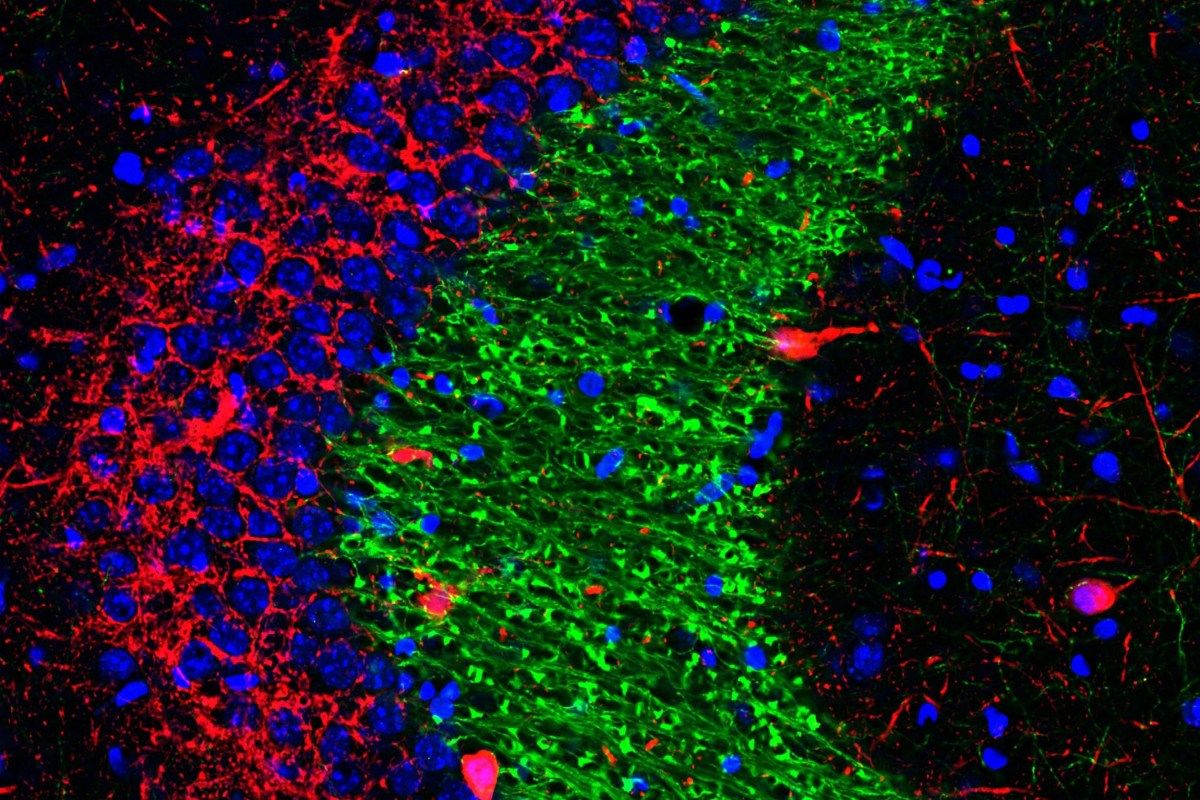
Targeting levels of specific protein could improve memory in aging, reduce symptoms of PTSD
A neural circuit mechanism involved in preserving the specificity of memories has been identified by investigators from the Massachusetts General Hospital (MGH) Center for Regenerative Medicine and the Harvard Stem Cell Institute (HSCI).
They also identified a genetic “switch” that can slow down #memory generalization — the loss of specific details over time that occurs in both age-related memory impairment and in post-traumatic stress disorder (#PTSD), in which emotions originally produced by traumatic experiences are elicited in response to innocuous cues that have little resemblance to the traumatic memory.
“The circuit mechanism we identified in mice allows us to preserve the precision or the details of memories over the passage of time in adult as well as aged animals,” says Amar Sahay of the MGH Center for #Regenerative Medicine and HSCI, corresponding author of a paper appearing in Nature Medicine. “These findings have implications for the generalization of traumatic memories in PTSD and for memory imprecision in #aging.”
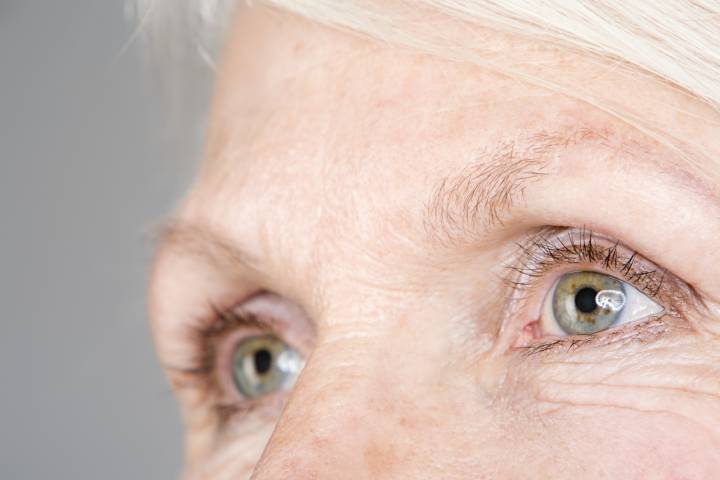
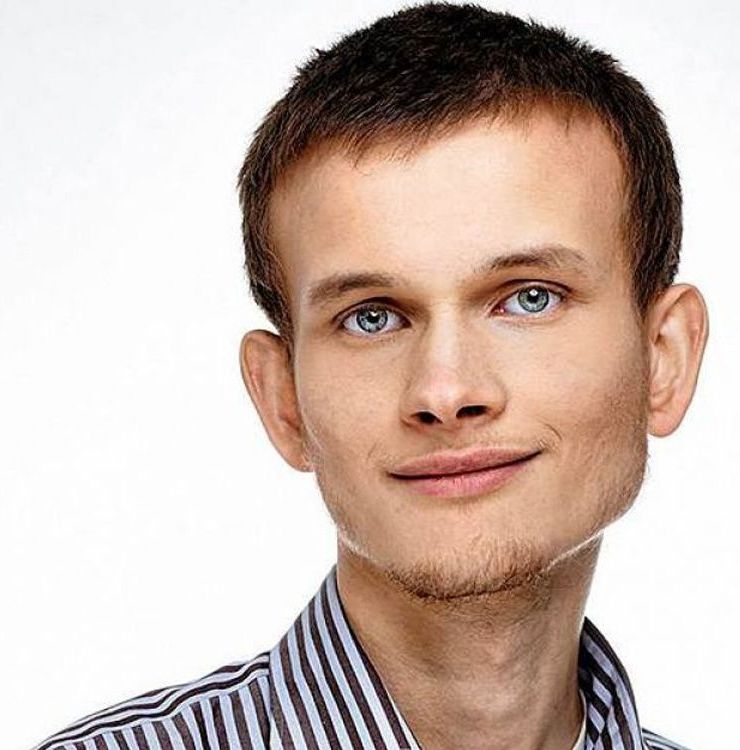
Vitalik Buterin: The Best Thing to Donate Money to is The Fight Against Aging
An interview with Komsomolskaya Pravda during the conference Undoing Aging in Berlin.
A few days ago, LEAF representatives attended the Undoing Aging 2018 conference in Berlin, which was jointly organized by the SENS Research Foundation and the Forever Healthy Foundation. We invited one of the most professional Russian journalists writing about aging, Anna Dobryukha, to this conference, and she will write a series of articles and interviews in Komsomolskaya Pravda (KP) over the next weeks. As these articles are interesting to the global community, we decided to translate them for our blog.
Today, we publish the first article of this series, an interview that Anna conducted with Vitalik Buterin, the creator of the cryptocurrency Ethereum. Vitalik donated 2.4 million dollars to the SENS Research Foundation earlier this year, so let’s find out what Vitalik’s views are on rejuvenation biotech and life extension!
The original article, “King of Ethereum” Vitalik Buterin: the best thing to donate money to is the fight against aging, is by Anna Dobryukha and has been translated by Elena Milova and Joshua Conway.
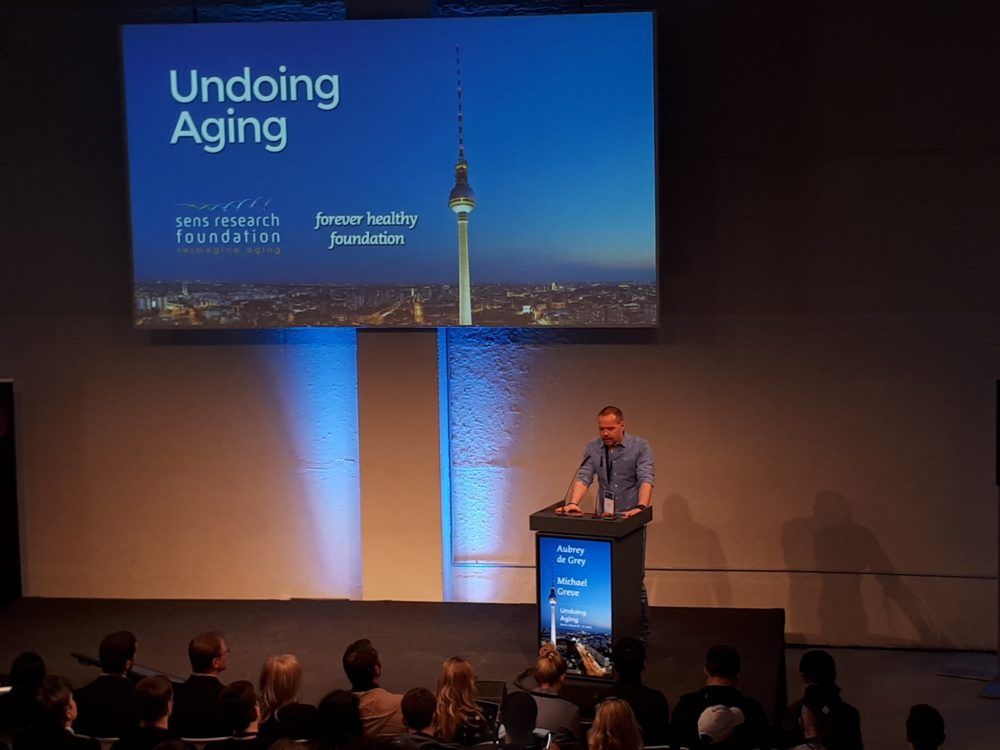
Undoing Aging 2018 Personal Impressions
Steve Hill from the LEAF team gives some first impressions from the recent Undoing Aging 2018 conference in Berlin.
I have just returned home from the Undoing Aging conference in Berlin, where we spent three days listening to talks by the top researchers in aging, meeting some of the finest minds in research, and talking with thought leaders in the field.
There was a great deal of new and exciting research being presented, some of which has not been published and so cannot be discussed. We will be publishing articles on this news in the coming days as we edit the audio and video from the event. Today, however, instead of discussing research per se, I’ll talk about my impressions of the event.
 This was my first conference on aging, and I have to say that I was really impressed with the professional presentation and venue. I have been to many video game conferences in my life, and I have to say it was on par with such events, albeit on a somewhat smaller scale.
This was my first conference on aging, and I have to say that I was really impressed with the professional presentation and venue. I have been to many video game conferences in my life, and I have to say it was on par with such events, albeit on a somewhat smaller scale.
Retinal patch with stem cells treats macular degeneraiton
March 19 (UPI) — Researchers in California have developed a retinal patch with stem cells to improve the vision of people with age-related macular degeneration.
In a clinical trial, researchers at the University of California Santa Barbara implanted the stem cell-derived ocular cells in two patients over the course of 12 months, publishing the results of the study Monday in the journal in Nature Biotechnology.
Macular degeneration, which affects the central, or reading, vision while leaving the surrounding vision normal, usually affects people over 50 years of age. The Centers for Disease Control and Prevention estimates that 1.8 million Americans aged 40 years and older have AMD, and it’s the leading cause of permanent impairment of close-up vision among people aged 65 years and older.

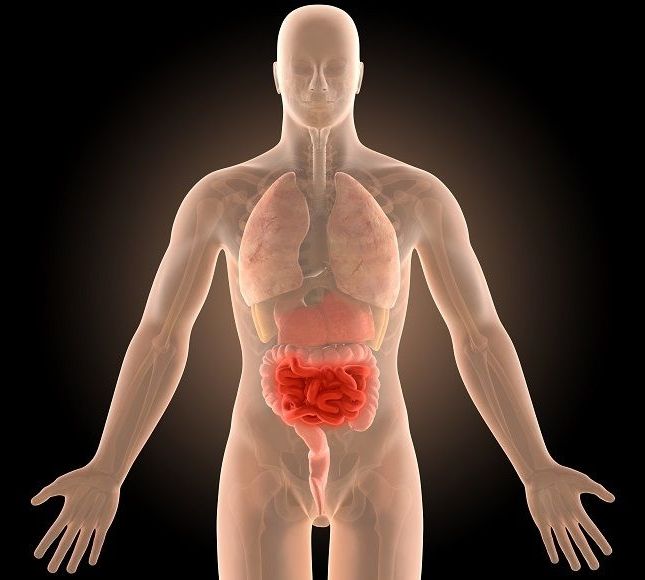
Our Enemy Within: Gut Bacteria Fuel Autoimmune Disease
Summary: Scientists just discovered bacteria that trigger autoimmune conditions and found that a simple antibiotic or vaccination stopped the autoimmune reaction. [This article first appeared on LongevityFacts. Author: Brady Hartman. ]
Yale University researchers discovered a strain of gut bacteria that can travel throughout the body and trigger an autoimmune reaction. More importantly, the scientists say that administering simple antibiotics or vaccines can suppress the autoimmune response, and hold promise as new treatments for chronic autoimmune conditions, such as autoimmune liver disease and systemic lupus.
An autoimmune disease is a condition in which the immune system mistakenly attacks healthy tissue. Up until the new study, scientists weren’t sure what causes autoimmune disease. However, researchers have long suspected that bacteria and viruses play a role.

This New Cholesterol Drug Might Reduce Risk of Dying
Summary: Cholesterol drug alirocumab was linked to a 15% lower risk of dying in a new study released Saturday. [This article first appeared on LongevityFacts. Author: Brady Hartman. ]
The cholesterol-lowering drug alirocumab was linked to a 15% lower risk of death, and an equivalent reduction of cardiovascular events, such as heart attack and stroke, according to a new study.
It’s the first time a cholesterol-lowering drug has reduced deaths since statins such as Crestor and Lipitor came out decades ago.